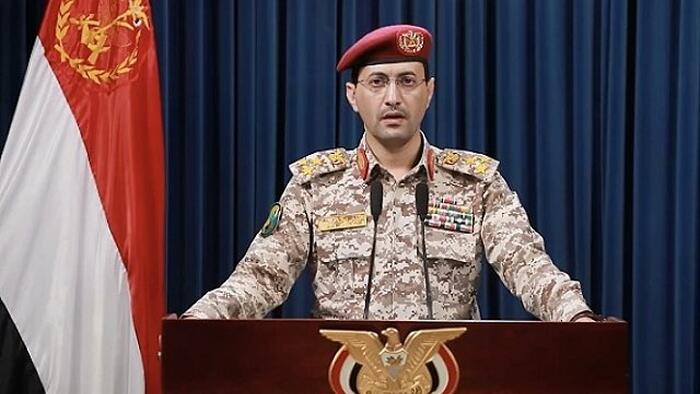The political landscape across the globe is shifting dramatically with former President Donald Trump’s historic victory in the U.S. presidential election. This shift is particularly palpable in regions like Yemen, where the Iran-backed Houthi rebels have made a striking decision to declare a ceasefire in their ongoing hostilities. This announcement comes in the wake of a year-long campaign that saw the Houthis launching missile and drone strikes on commercial and military vessels in the southern Red Sea, a crucial maritime chokepoint for global shipping. Notably, the cessation of hostilities signifies a significant alteration in the rebels’ strategic calculus, as their spokesman, Yahya Sarea, claimed that their previous operations were defensive in nature and are now coming to an end. This cessation is indicative of how international political shifts, such as Trump’s potential return to the presidency, can influence regional conflicts and stability.
The Houthi rebels’ attacks on vessels in the Red Sea have escalated dramatically, with over 80 incidents reported since October 2023, resulting in the sinking of two ships and the deaths of four sailors. This scenario has severely disrupted global maritime supply chains, compelling commercial vessels to divert around the longer route of the Cape of Good Hope as they navigate the dangers posed by Houthi aggression. The timing of the ceasefire announcement suggests that the rebels are recalibrating their approach to conflict, perhaps in anticipation of a change in U.S. foreign policy under an administration perceived to be more aggressive against Iranian influence in the region. Analysts suggest that the chaotic situation in the Red Sea reflects the broader implications of U.S. domestic politics on international relations, particularly during an election year when the current administration appears weak.
Social media platforms have become a vibrant space for public reaction to the ceasefire, revealing a spectrum of opinions and sentiments. Users have taken to platforms such as X to express astonishment over the Houthis’ immediate response following Trump’s electoral success. Tweets from various users highlight a sense of disbelief and commentary on the potential implications for peace in regions affected by conflict. Some users interpret the ceasefire as a sign of the Houthis’ recognition of the former president’s foreign policy approach, suggesting that Trump’s presence in the White House could create a conducive environment for negotiations and stability. The very notion that the rebels would put an end to their hostilities so swiftly after Trump’s victory underscores the symbolic power of U.S. leadership in global affairs.
Moreover, the shift to a ceasefire raises questions about the efficacy of ongoing international diplomatic efforts and military strategies in the region. The Houthis’ declaration could be seen as a strategic maneuver to pivot away from escalating tensions, hoping to position themselves favorably amid anticipated changes in U.S. policy. The region has witnessed varying responses to diplomatic overtures, and the Houthis’ immediate ceasefire could signal a willingness to engage in negotiations. This shift could open channels for dialogue not only with the U.S. but also with other regional powers seeking to stabilize the situation in Yemen and its surrounding waters, potentially leading to a new phase in peace efforts.
As Trump prepares to take office, the implications of his presidency for U.S.-Iran relations and broader Middle Eastern geopolitics will likely come under intense scrutiny. Analysts are pondering whether Trump’s administration will reinstate the hardline approach it previously adopted towards Iran, which had significant ripple effects on Iranian-linked groups, including the Houthis. The dynamics of this conflict are intricate, influenced by both local and international stakeholders, and the Houthis’ decision to cease hostilities could signal a critical juncture in efforts to address humanitarian concerns, manage maritime security, and secure vital trade routes.
In conclusion, the declaration of a ceasefire by the Houthi rebels following Trump’s electoral victory is not only a reaction to changing political tides but also a significant moment for international diplomacy in the region. The situation represents a complex interplay of local insurgencies, international policy, and the broader implications of U.S. leadership. As the global community closely monitors the evolving dynamics, the hope remains that constructive engagement can foster a more stable environment in the Red Sea and beyond. With the potential for renewed dialogue, the actions taken by both the Houthis and the incoming U.S. administration will be pivotal in shaping the future of regional peace and security efforts.

